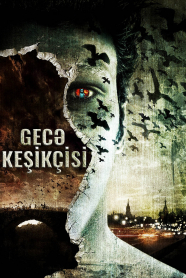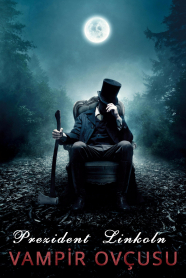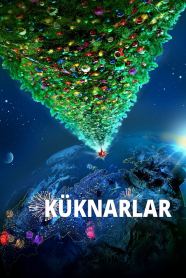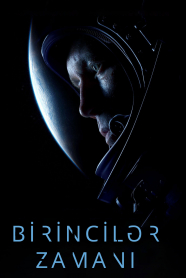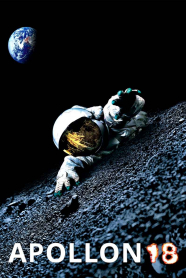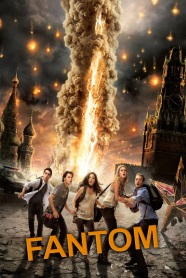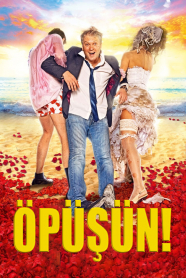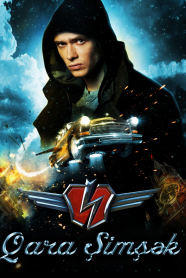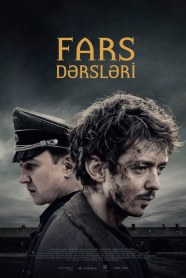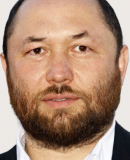
Timur Bekmambetov
Timur Bekmambetov
Rejissor, ssenarist, prodüser
Timur Nuruaxitoviç Bekmambetov 25 iyun 1961-ci ildə Qazaxıstanın Quryev vilayətində anadan olub. Sovet, Qazaxıstan və Rusiya kinorejissoru, ssenaristi, prodüseri və klipmeykeridir. “Astana” beynəlxalq filmlər kinofestivalının təsisçisi və prezidentidir. Atası qazax, anası yəhudidir. S.M.Kirov adına Quryev orta məktəbini bitirib. Atasının təkidi ilə Moskva Energetika İnstitutuna daxil olsa da, incəsənətlə maraqlandığından təhsilini yarımçıq qoyub. Aşqabadda artilleriya diviziyasında həqiqi hərbi xidmət keçib. 1989-cu ildə xidməti başa vurduqdan sonra Daşkəndə gəlib və “İlhom” teatrının rəssamı işləyib, daha sonra isə “Özbəkfilm” kinostudiyasında çalışıb. Həmin ərəfələrdə aktyor Viktor Berjbitski ilə tanış olur (sonradan onu, demək olar ki, bütün filmlərinə çəkir). 1987-ci ildə Daşkənd İncəsənət İnstitutunu “Teatr və kino rəssamı” ixtisası üzrə bitirir və kino karyerasını qurmaq üçün Moskvaya yollanır. Orada reklam çarxlarının hazırlanması ilə məşğul olur. 1992-ci ildə “Video İnterneşnl” şirkətinin rəhbəri Mixail Lesinlə şəxsi əlaqələri hesabına “İmperial” bankının prezidenti Sergey Rodionovla tanış olur. 1997-ci ilə kimi Rodionovun sifarişi ilə 20 reklam çarxı çəkir. Rusiyada reklam sektorunun inkişafına böyük töhfələr verir. 1993-cü ildə Əfqanıstan müharibəsinə həsr olunmuş “Peşəvər valsı” filmini çəkib. 1998-ci ildə prodüser Rocer Kormanın dəvəti ilə “Qladiatriks” filminin çəkilişlərinə dəvət alır. Çəkilişlər Rusiyada aparılır və 2001-ci ildə böyük ekranlara çıxır. 2004-2005-ci illərdə “Gecə gözətçisi” və “Gündüz gözətçisi” fantastik filmlərini çəkir və məşhurlaşır. 2005-ci ildə Hollivuddan ona təklif gəlir. “Fox”un bir sıra kinolayihələrində iştirak edir. 2008-ci ildə ən mötəbər işi olan “Xüsusi təhlükəli” filmini ərsəyə gətirir. Filmdə Ancelina Coli baş rolda çəkilir. 2009-cu ildə Tim Börtonla birgə “9-cu” adlı fantastik cizgi filminə prodüserlik edir. 2012-ci ildə “Avraam Linkoln: Vampir ovçusu” filminə rejissorluq edir. İkinci həyat yoldaşı Varvara Viktorovna Avdyuşko (18 mart 1974-cü il təvəllüdlü) kostyumlar üzrə rəssam, kinoprodüserdir.
Ətraflı məlumat üçün aşağıdakı linkə basın:
https://tr.wikipedia.org/wiki/Timur_Bekmambetov
